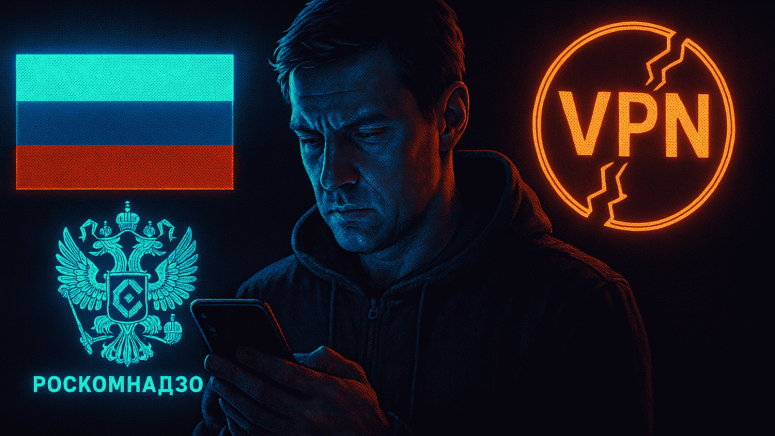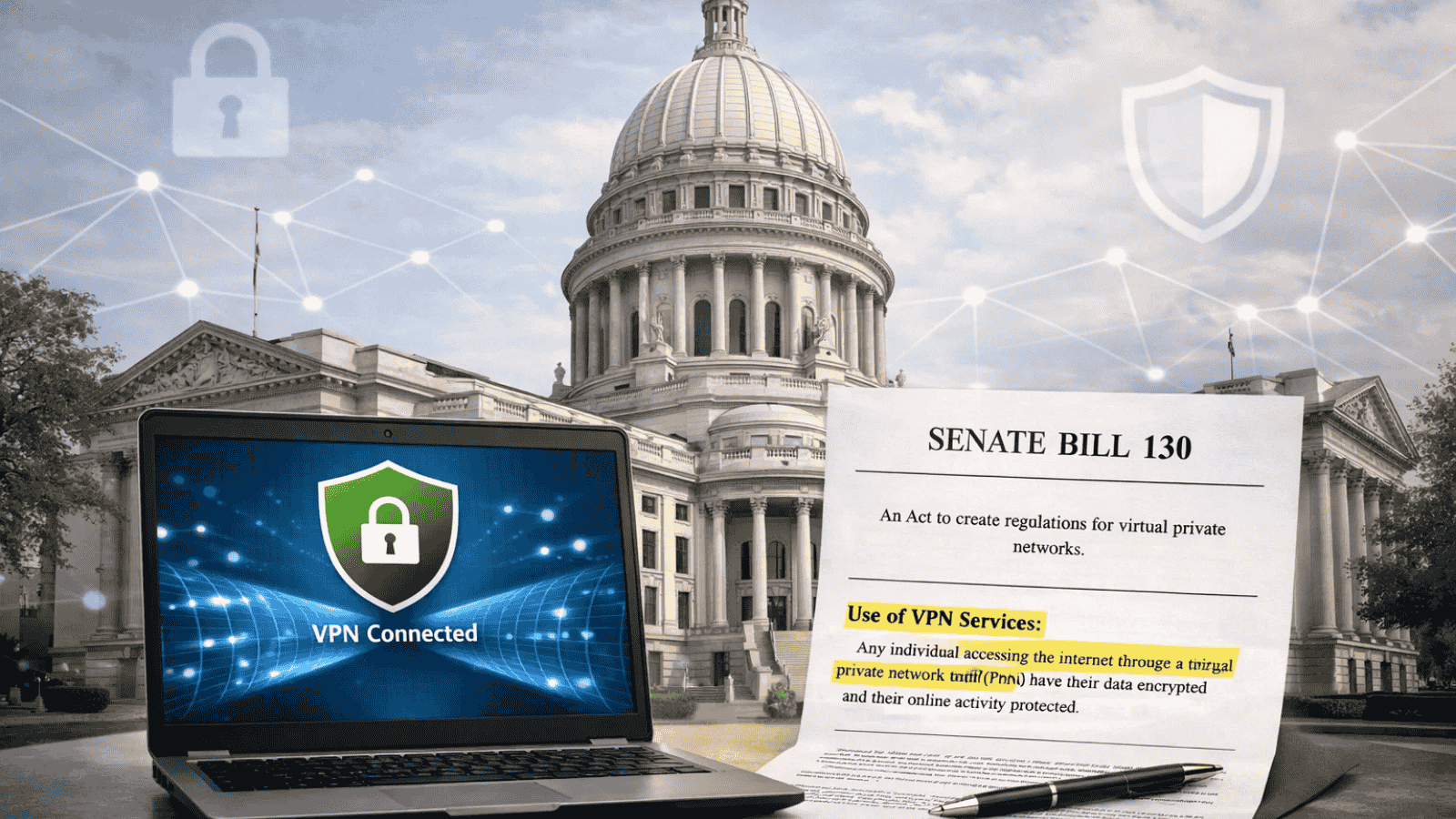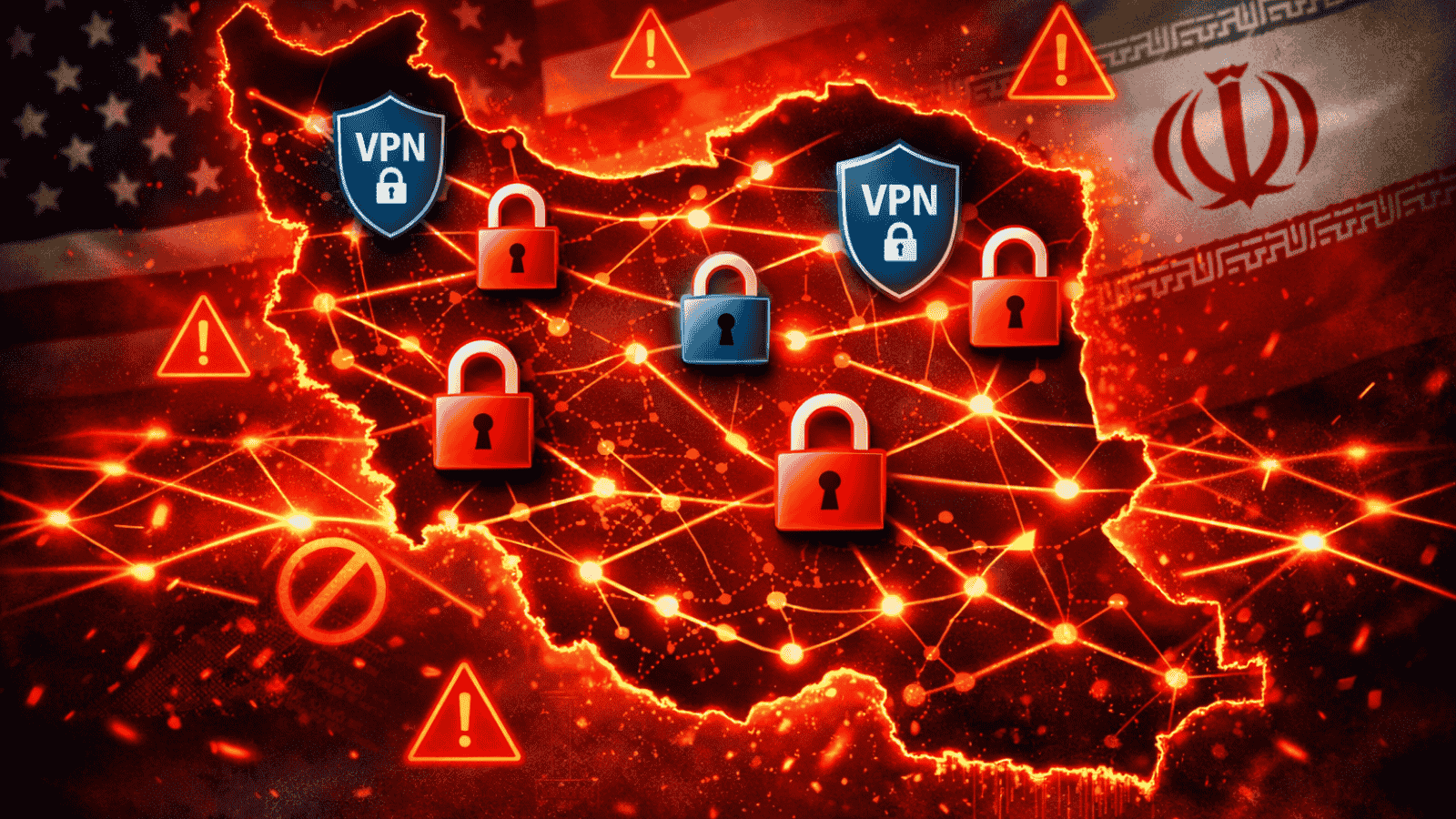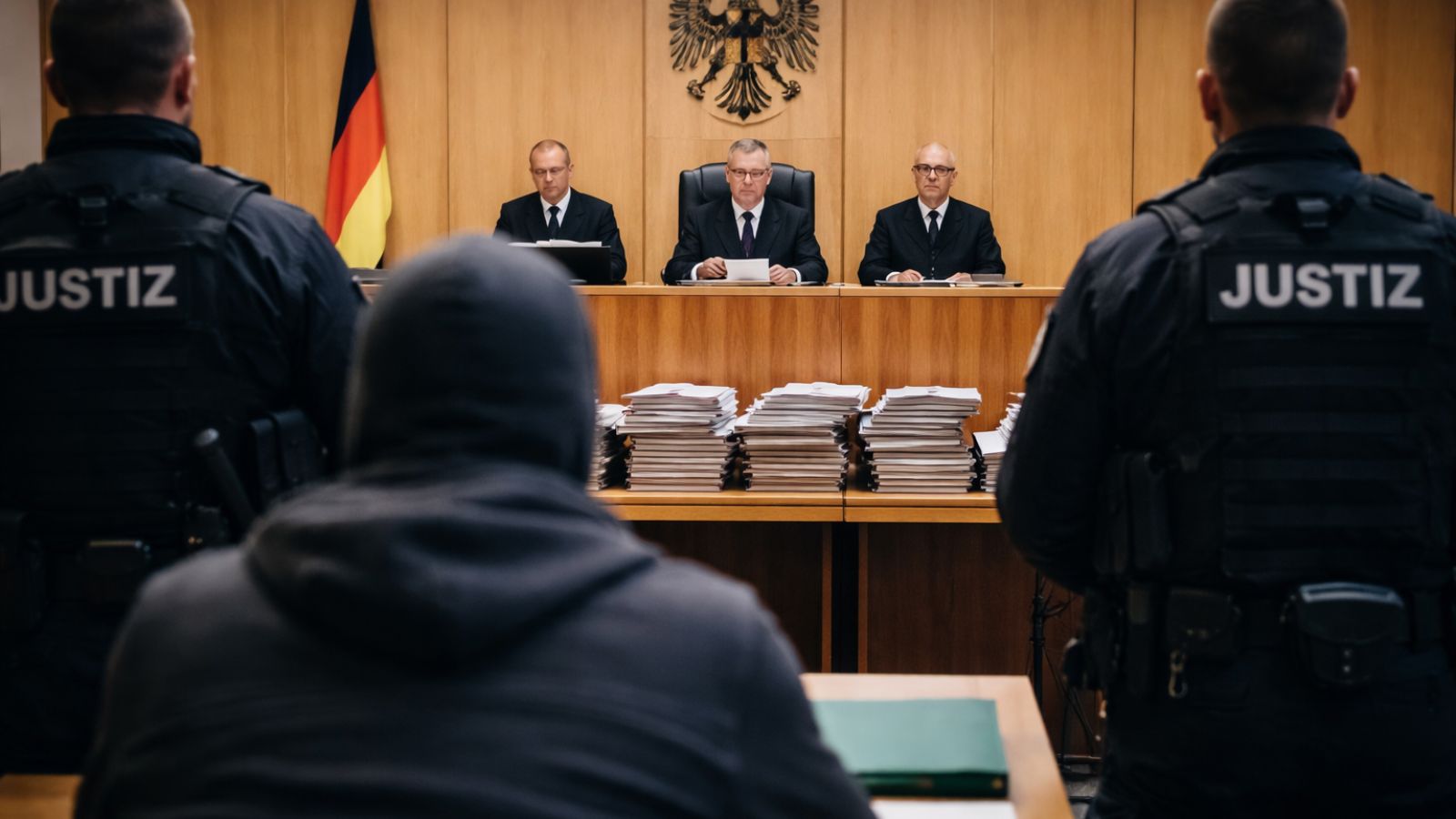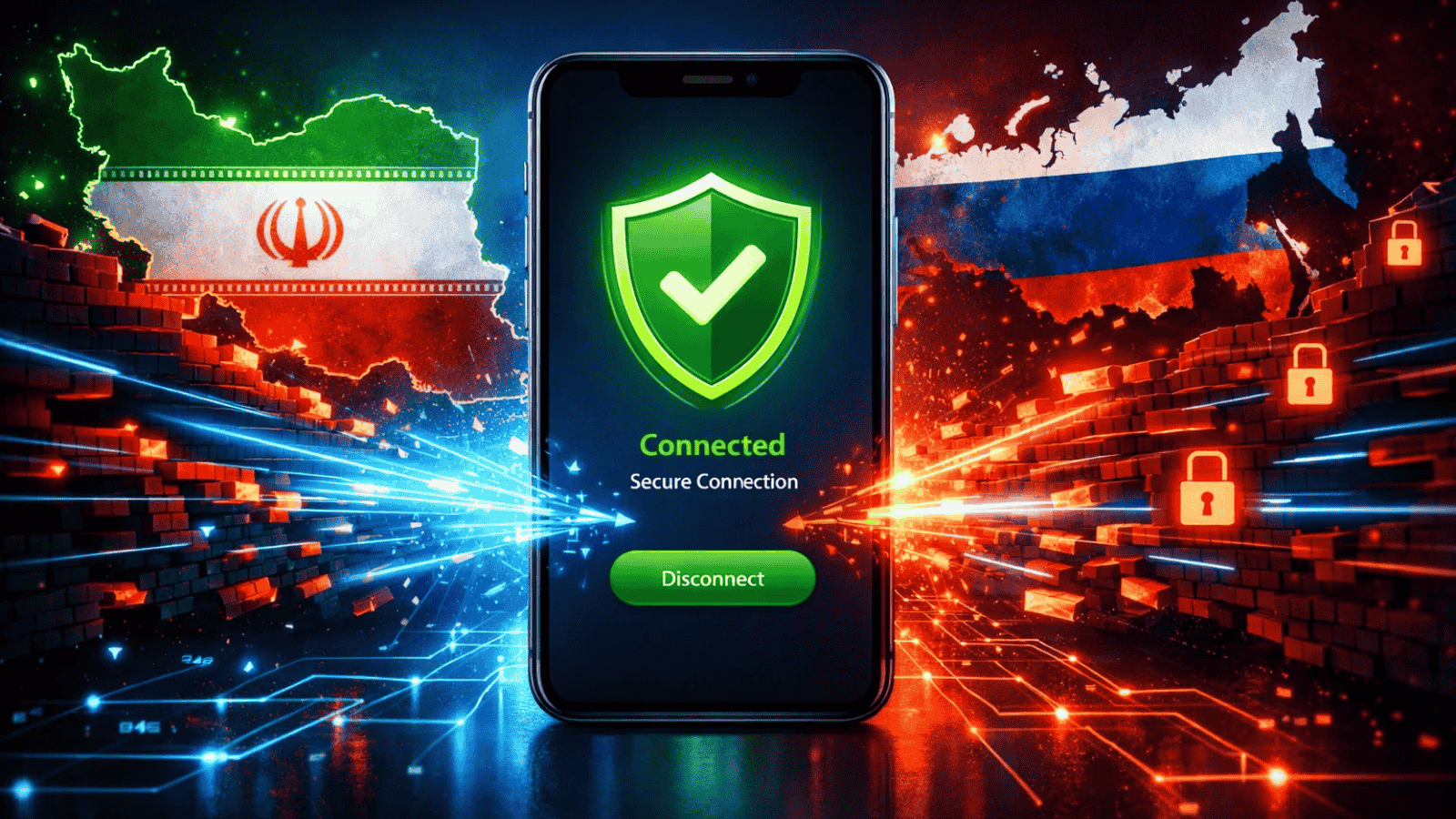
Russia Considers Fines for VPN Use, Banned Content Searches
- Russia plans fines for users searching extremist content, even when using VPN services.
- New law proposes penalties for advertising VPNs or bypassing Roskomnadzor’s censorship.
- Authorities may access browser histories and conduct device checks for content searches.
Russian lawmakers are preparing new legislation that would allow authorities to fine individuals not only for distributing banned content but also for deliberately searching for it online, even when using VPNs. The proposed law also introduces penalties for promoting or advertising VPN services that help bypass Roskomnadzor's internet censorship systems.
Under the proposed Article 13.53 of the Code of Administrative Offenses (KoAP RF), individuals could be fined between 3,000 to 5,000 rubles for searching extremist content listed in Russia’s official federal registry. This is the first time that individuals may face legal consequences simply for consuming prohibited materials, not just for sharing or distributing them.
The law has measures pertaining to the internet, but is part of a larger package designed to regulate the freight and transportation sector. On July 17, MPs will assess the document, which has already received support from the State Duma Committee on State Building.
The proposed law not only targets specific people but also imposes severe fines for advertising or promoting VPN services. Fines of 50,000 to 80,000 rubles for individuals, 80,000 to 100,000 rubles for officials, and up to 500,000 rubles for corporations are proposed under Article 14.3, Part 18 of the KoAP. Similar sanctions are imposed on service providers who do not cooperate with Roskomnadzor's requests to limit access to prohibited technologies and content in another proposed article, 13.52.
Several lawmakers from the United Russia party, including Yevgeny Moskvichev, Vasily Piskaryov, and Rahim Azimov, are backing the bill.
Digital security expert and lawyer Stanislav Seleznev told Forbes that Russian authorities can access browser histories, search auto-completions, and user activity from services like Google to track users searching for banned content. He said telecom providers can also monitor which apps are being opened and what websites are accessed if the data is unencrypted. Seleznev warned that device checks could be conducted randomly on the street, prompting more users to switch to private browsing or encrypted platforms.
Senator Artyom Sheikin clarified that simply accessing Instagram or other blocked platforms will not automatically lead to fines. He emphasized that only intentional searches for extremist material would qualify as offenses. According to him, the law is mainly focused on regulating service providers rather than punishing casual internet users.
Since March 2024, it has been illegal in Russia to publicly share information on how to bypass government censorship. In November of the same year, Roskomnadzor expanded these restrictions to prohibit the sharing of scientific and technical knowledge related to VPNs until September 2029.
While Digital Development Minister Maksut Shadayev has previously opposed the idea of punishing individual VPN users, he stated that the government must still balance internet freedom with national policy objectives.
Cybersecurity experts continue to caution users about the potential risks of VPN usage, especially under strict digital surveillance. Government surveillance, malware exposure from dubious VPN providers, and potential data leaks that could result in identity theft or data sale to other parties are some of these threats.
In spite of these dangers, VPNs continue to be among the most accessible resources for Russian internet users looking for privacy and access to the World Wide Web in the face of growing government regulations.

